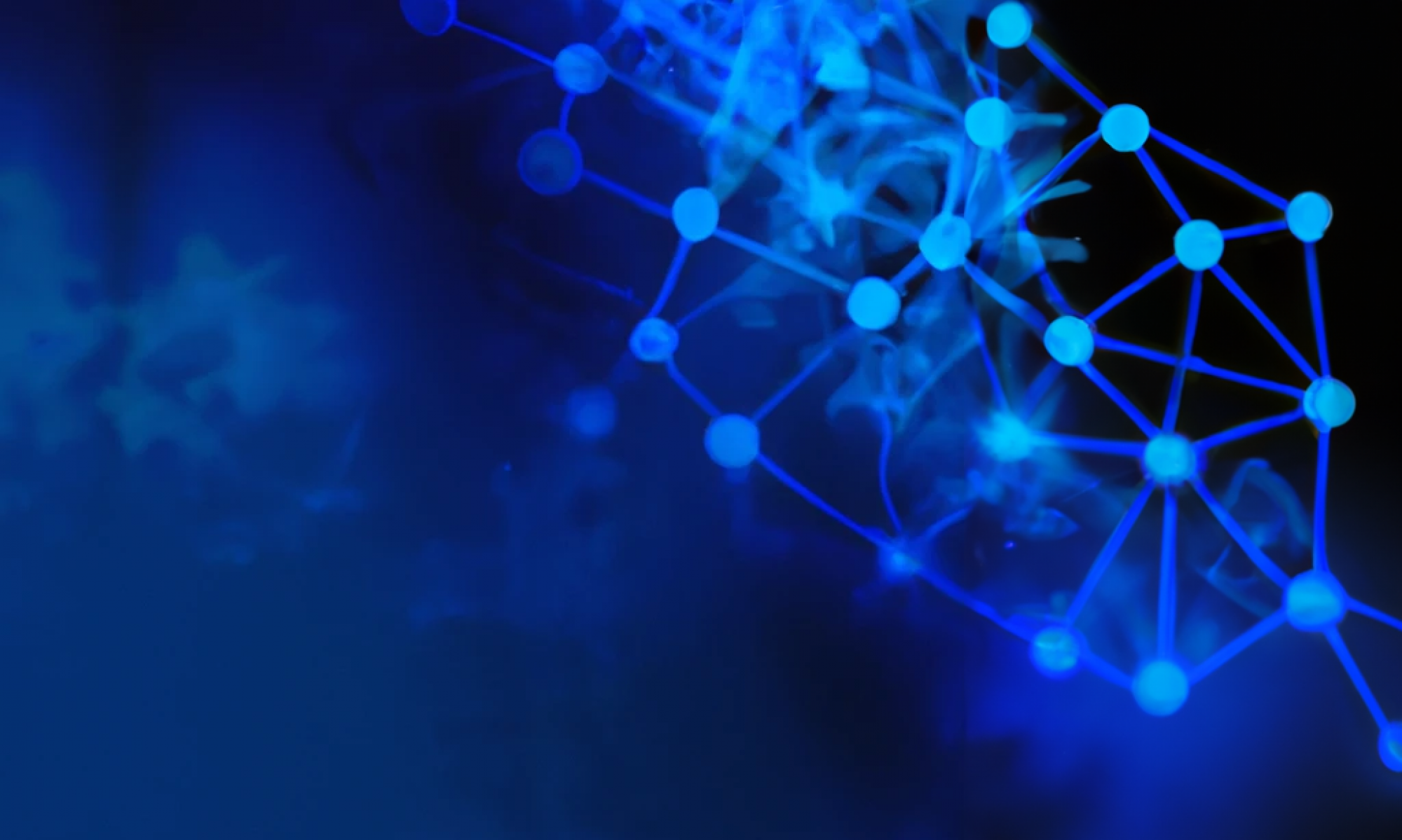The first HkiNode webinar with professor Massimo Stella was held on 24th October. Webinar recording available at Unitube: https://www.helsinki.fi/en/unitube/video/a94b333c-9178-46cd-bf51-f1b813f80cfc
Massimo Stella, CogNosco Lab, University of Trento
Cognitive network science and machine psychology quantify anxious perceptions of mathematics across high-schoolers and ChatGPT models
Abstract:
Large Language Models (LLMs) are becoming increasingly integrated into our lives. Hence, it is important to understand the biases present in LLMs’ outputs to avoid perpetuating harmful stereotypes or flawed ways of thinking. One such tendency that has harmful negative effects is the global phenomenon of anxiety toward math and STEM subjects. This talk outlines a novel application of network science and cognitive psychology to understand biases towards math and STEM fields in LLMs from ChatGPT, such as GPT-3, GPT-3.5, and GPT-4. Using behavioral forma mentis networks (BFMNs), one can understand how these LLMs frame math and STEM disciplines in relation to other concepts. Numerical findings indicate that LLMs have negative perceptions of math and STEM fields, associating math with negative concepts in 6 cases out of 10. There are significant differences across OpenAI’s models: newer versions (i.e., GPT-4) produce 5× semantically richer, more emotionally polarized perceptions with fewer negative associations compared to older versions and 𝑁=159 high-school students. These findings suggest that stereotypical perceptions of STEM subjects might be reflected on LLMs, posing several concerns for Education researchers in using large language models among student populations.
Bio:
Prof. Massimo Stella is professor on direct call from abroad in AI Psychometrics at the University of Trento. His research focuses on cognitive data science, artificial intelligence and complex networks with the aim at developing models capturing affect, mindset structure and psychological constructs of mental well-being. He also leads the CogNosco Lab, working on knowledge modelling, mathematical psychology and natural language processing (NLP).
